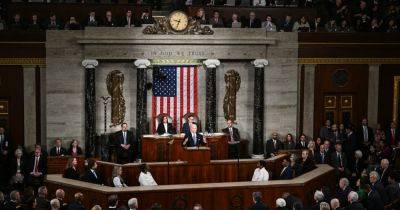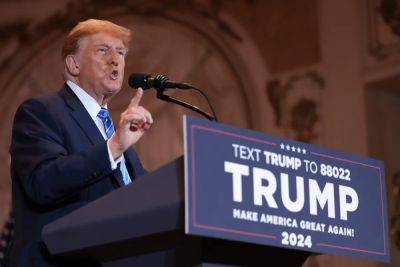Supreme Court Hears Free Speech Challenges to Social Media Laws
The Supreme Court is hearing arguments on Monday in a pair of cases that could fundamentally change discourse on the internet by defining, for the first time, what rights social media companies have to limit what their users can post.
The court’s decision, expected by June, will almost certainly be its most important statement on the scope of the First Amendment in the internet era, and it will have major political and economic implications. A ruling that tech platforms like Facebook, YouTube and TikTok have no editorial discretion to decide what posts to allow would expose users to a greater variety of viewpoints but almost certainly amplify the ugliest aspects of the digital age, including hate speech and disinformation.
That, in turn, could deal a blow to the platforms’ business models, which rely on curation to attract users and advertisers.
The laws’ supporters said they were an attempt to combat what they called Silicon Valley censorship, through which major social media companies had deleted posts expressing conservative views. The laws were prompted in part by the decisions of some platforms to bar President Donald J. Trump after the Jan. 6, 2021, attack on the Capitol.
The laws, from Florida and Texas, differ in their details. Florida’s prevents the platforms from permanently barring candidates for political office in the state while Texas’ prohibits the platforms from removing any content based on a user’s viewpoint.
“To generalize just a bit,” Judge Andrew S. Oldham wrote in a decision upholding the Texas law, the Florida law “prohibits all censorship of some speakers,” while the one from Texas “prohibits some censorship of all speakers” when based on the views they express.







